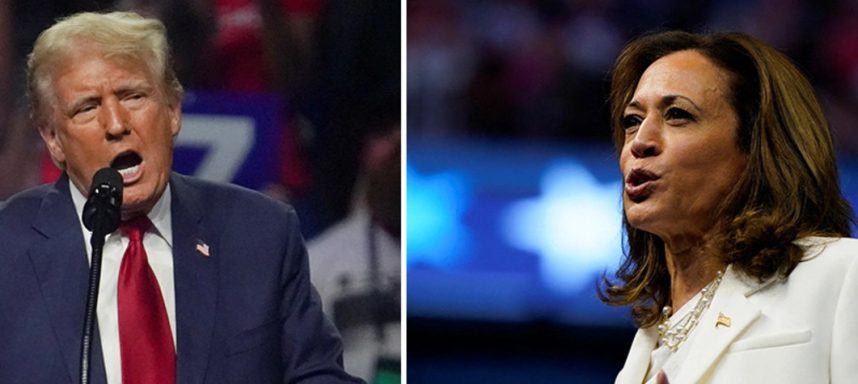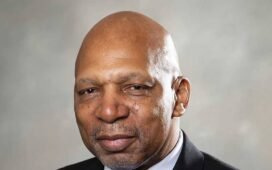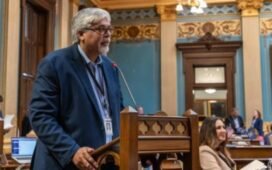Posted on: September 20, 2024, 10:15h.
Last updated on: September 20, 2024, 11:01h.
Many casino employees and gambling industry executives are likely more concerned about upcoming races for state office than for US federal office, experts say.

That’s because decisions that impact US commercial casinos are made mostly on the state level, according to professors who follow politics and the casino industry.
“Presidents have very little say over casinos and casino regulation,” Robert Jarvis, a law professor at Florida’s Nova Southeastern University’s Shepard College of Law, told Casino.org. “These are state, not federal, issues … Casinos issues are state and local matters.”
Overall, state elections are far more consequential for the casino industry than are federal elections, since most salient policy issues directly affecting the industry are decided at the state rather than federal level,” echoed Rice University political scientist Mark P. Jones.
“The elections that most directly affect the livelihood of casino workers will, in most states, also take place on November 5,” Jones told Casino.org. “But [they] will be located further down the ballot in state senate and state house contests, and, in 11 states, races for governor.”
Key Issues in Presidential Race
In the currently close presidential race, which has Vice President Kamala Harris (D), facing former President Donald Trump (R) in November, most casino workers’ decision for whom to vote, “is going to be driven by factors not directly related to their industry, but rather to their personal economic situation and their opinions on the same issues that drive the voting behavior of other Americans, such as immigration, abortion, climate change, and gun control, as well as their more general affinity for Harris and Trump as individuals,” according to Jones.
Jarvis also points out that businesses “historically have favored Republicans, and Trump did deliver a huge tax cut to businesses in 2017, so as a general matter, one would expect any business to lean towards Trump.” But businesses and casino workers both pay taxes.
In the end, however, it’s Congress that writes the tax laws, not the president, and regardless of who is president, taxes will have to go up to deal with the deficit and keep Social Security and Medicare functional,” Jarvis said.
“In this year’s presidential election, the four issues that will decide the election in descending order [are]: the cost of food, gas, and housing compared to 2019; immigration; abortion; and the wars in Gaza and Ukraine,” Jarvis added.
End Taxes on Tips
On another front, both Harris and Trump want to eliminate taxes on worker tips. But, many tipped workers may be skeptical of the stands taken by the presidential candidates.
I think most tipped workers — in both Nevada and elsewhere — realize that Harris and Trump are just pandering to them and that such a proposal will not get through Congress,” Jarvis said. “Or, if it does, [it] will be offset by higher taxes elsewhere.”
Bethany Khan, spokeswoman for the Culinary Union, which represents hospitality workers, added that “ending taxes on tips for service and hospitality workers would significantly help millions of workers provide for their families, including in Nevada.”
Khan also called the fact that many companies pay tipped workers $2.13 an hour “outrageous.”
Seven states have banned the sub-minimum wage.
“By eliminating the sub-minimum wage, these states have taken real steps to protect tipped workers and guarantee they earn a fair wage,” Khan said. “It’s time for the rest of the country to follow.”















